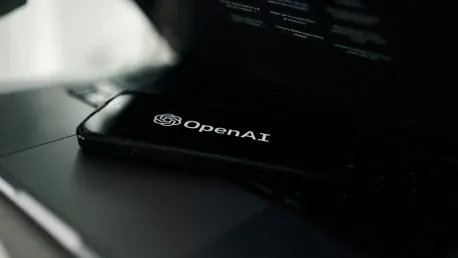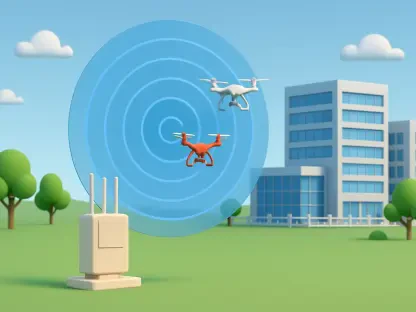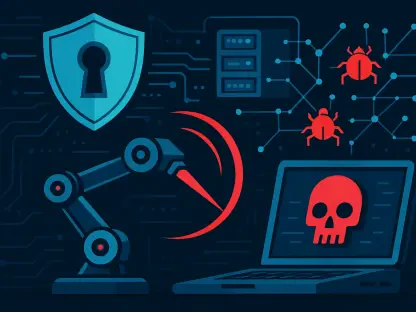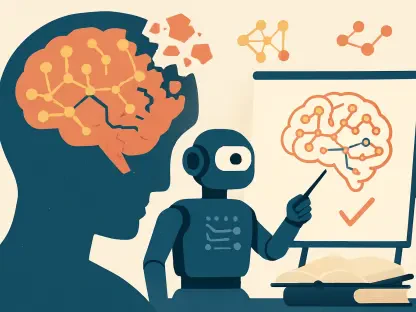OpenAI has announced the launch of a new open-source language model, inviting developers, researchers, and the broader community to contribute their insights and help enhance the model. With this announcement, OpenAI has provided a feedback form on its website to gather input on features and usage expectations. OpenAI’s previous model, GPT-2, released in 2019, made significant advancements in generating realistic and coherent text from large sets of internet data. This new model aims to build on those developments and further democratize artificial intelligence.
Gathering Community Insights
To ensure the new model addresses user needs effectively, OpenAI is actively soliciting feedback from its vast network of developers and researchers. The feedback form delves into the applications of open-weight models and what users expect from the new model. It is designed to capture information on desired features and previously used open models. This crowdsourced approach intends to make the model more useful and versatile by incorporating real-world insights from those who will utilize it most. Furthermore, OpenAI has planned developer events to secure additional insights. Starting in San Francisco, these events will expand to Europe and the Asia-Pacific region, including opportunities for hands-on demos and discussions about potential prototype developments.
This approach underscores OpenAI’s commitment to a collaborative development process, as it recognizes the importance of integrating user feedback in creating robust, adaptive technology. By inviting extensive community input, OpenAI aims to create a model that meets its diverse user base’s varying needs, making AI more accessible and beneficial to many users.
Competitive Strategy and Open Source Commitment
OpenAI’s decision to develop and release the new model openly is partly driven by competition with other organizations that have already introduced accessible language models for the AI community. One of the notable mentions is DeepSeek, which has set a high bar with its contributions. OpenAI’s CEO, Sam Altman, has emphasized the necessity of adopting a different open-source strategy to stay ahead in the competitive landscape. This strategic shift reflects an understanding that future models must be substantially more competitive and user-driven to maintain relevance and innovation in the rapidly evolving field of artificial intelligence.
Although releasing open-source models is not currently the top priority, it indicates a trend toward more openness and collaboration within the community. OpenAI’s initiative represents an ambition to democratize AI development by providing sophisticated models for independent use. Balancing innovation with accessibility is a key goal, ensuring that advanced technologies benefit a broader spectrum of the tech community. Overall, the new model’s development and release aim to foster a more collaborative and dynamic AI research environment.
Conclusion
OpenAI has recently unveiled a new open-source language model, extending an invitation to developers, researchers, and the broader community to contribute their expertise and ideas to further develop and refine the model. This initiative seeks to leverage collective insights to enhance the model’s performance and expand its potential applications. To facilitate this collaboration, OpenAI has introduced a feedback form on its website, encouraging users to share their thoughts on the model’s features and their expectations for its usage.
OpenAI’s history of developing language models includes the notable release of GPT-2 in 2019. GPT-2 marked a significant milestone by demonstrating the ability to generate realistic and coherent text from vast amounts of internet data. This new model aims to build on those advancements, taking the next step in making artificial intelligence more accessible and useful for a wider array of users. By opening up the development process, OpenAI hopes to democratize AI and foster innovation across various fields through community engagement and input.









